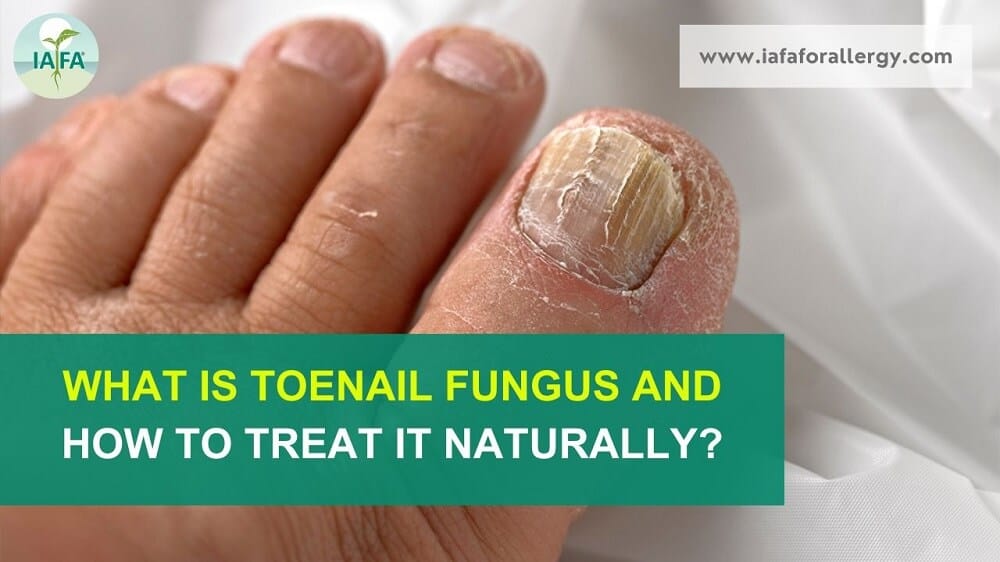Overview
Allergic Rhinitis is a condition that causes inflammation on the inside of the nose due to an allergic reaction to allergens such as dust, pollens, mold, animal fur, dander, or skin flakes. This allergic reaction is commonly referred to as hay fever, and though not serious can be extremely discomforting due to the symptoms that accompany this reaction.
But before running through the Treatment of Allergic Rhinitis let us take a look at the few common signs and symptoms of the condition to be able to identify it when it occurs and then take the necessary precautions.
Symptoms of Allergic Rhinitis
- Itching in the throat, nose, and eyes.
- Sneezing
- Runny nose
- Congestion
- A feeling of extreme discomfort
- Fatigue
- Wheezing
- Coughing
- Difficulty in breathing
- Headache
- Excess mucus in throat and nose.
- Sore eyes
- Sinus pain
Food and Allergic Reactions
A cross-reaction between the pollen that causes allergic rhinitis and offending foods holds the potential of triggering allergic reactions because the immune system reacts in a similar manner to these two.
According to the Institute of Applied Food Allergy® (IAFA®), Consumption of these potential foods may lead to further allergic complications if you’re already suffering from hay fever which includes a tingling or itching sensation in the mouth.
Top 10 Foods to Avoid for Allergic Rhinitis
Foods that should be Avoid during Allergic Rhinitis:-
- White Flour (Maida)
- Curd
- Cold Food and Beverages Celery
- Yeast-fermented bakers and brewers Cherries
- Pickles Hazelnut
- Cocoa Bean (Chocolates)
- Nuts – Hazelnuts, Cashew nuts, Pistachio nut
- Fruits – Pears, Plums, Kiwi, Peaches
- Vegetable – Mushroom, Eggplant, Ladyfinger
- Legumes – Green pea, Kidney bean, Pinto bean
According to IAFA®, these are the top 10 foods that can trigger allergic reactions if you’re already suffering from allergic rhinitis.
5 Foods That Help in Alleviating Allergic Rhinitis Symptoms
Top foods that help to alleviate allergic rhinitis:-
- Ginger: The anti-inflammatory properties of ginger can help in treating the itching, irritation, and inflammation caused due to hay fever in the eye, nose, and throat.
- Citrus Fruits: Citrus fruits help in treating the symptoms of allergic rhinitis and the irritation caused by it in the upper respiratory tract. Grapefruit, lemons, lime, orange, sweet lime, and berries are rich sources of Vitamin C.
- Turmeric: Turmeric is again a rich source of anti-inflammatory and antiseptic properties that help in treating symptoms caused by allergic rhinitis. It helps in minimizing irritation and swelling caused by the allergy. Turmeric may be taken in teas, pills, or tinctures, and even may be added to the foods that you consume while cooking.
- Tomatoes: Lycopene is an antioxidant compound in tomatoes that helps in reducing inflammation caused by the allergy.
- Onions: Onions are rich in quercetin, which is a natural antihistamine and helps in reducing symptoms of seasonal allergies and allergic rhinitis. Onions are also rich in anti-inflammatory and antioxidant properties that help in healing and managing the irritation caused by hay fever symptoms.
Conclusion
Treating seasonal allergies is important as they can be extremely discomforting and cause an interruption in your day-to-day life. Avoiding foods that trigger allergic symptoms will only add to your pain. Keeping away from them for the same reason is thus significant and switching over to foods that help in containing and managing the symptoms and signs will help you get over hay fever much more easily.
In case you require any further medical assistance or want to get Ayurvedic Treatment for managing allergies and their symptoms, you can book your appointment for online ayurvedic consultation at IAFA®, where we provide herbal and natural solutions to help you get over various ailments and conditions.









